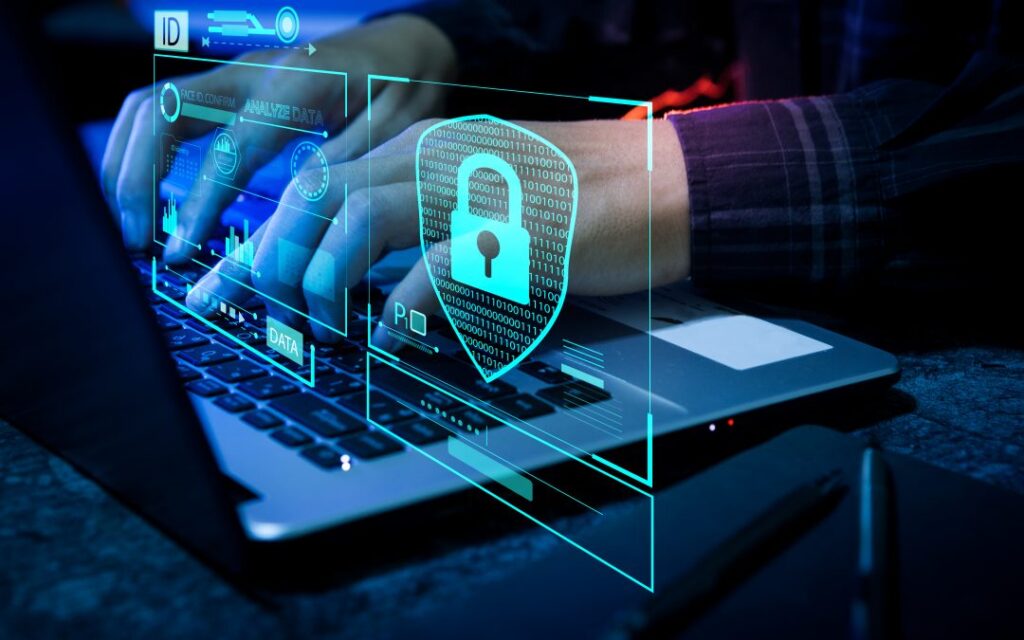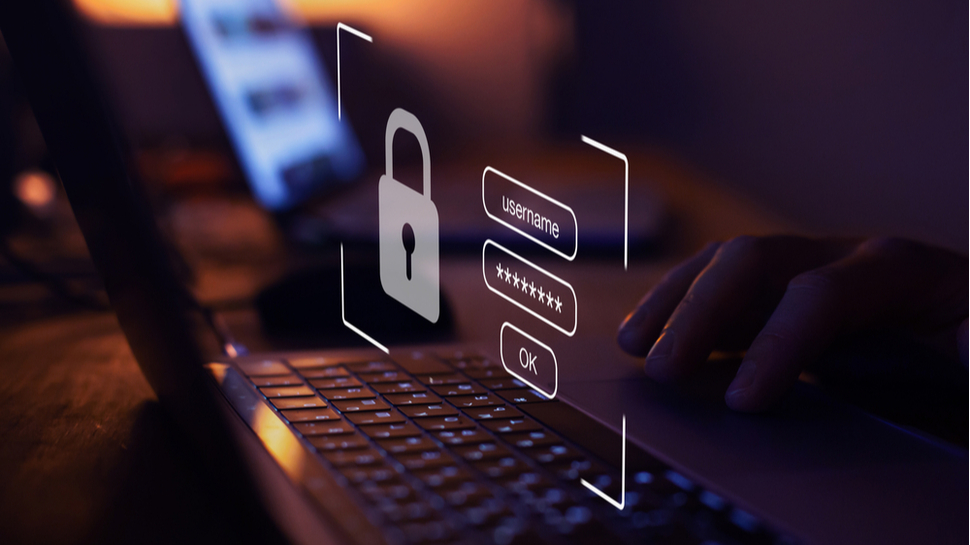The cloud is like a giant online storage box where you can save your files, pictures, and information. It’s super helpful because you can access your stuff from anywhere, but it’s important to keep it safe. Just like locking your room or your school locker, we need to lock our cloud storage to keep bad people out. So how to build cloud security?
Before going in let’s first know what is cloud security.

What is Cloud Security?
Cloud security is a way to protect your data when it’s stored in the cloud. Think of it as a shield or a guard that keeps your information safe from hackers (bad people who try to steal your stuff online) and viruses (dangerous programs).
It involves things like:
- Passwords: Your secret key to get into your cloud storage.
- Firewalls: Barriers that stop bad things from entering your storage.
- Encryption: Like a secret code that makes your data unreadable to strangers.
Who Needs Cloud Security?
Everyone who uses the cloud needs cloud security. Here’s a list of people and how it helps them:
- Students: To keep homework and projects safe from getting deleted.
- Parents: To protect family photos, videos, and important documents.
- Businesses: To secure customer details and confidential files.
- Gamers: To protect saved games and accounts.
In short everyone
Even big companies like Google and Microsoft use cloud security to make sure no one can steal their data!
How to Keep Your Data Safe in the Cloud?
Here are some simple steps to protect your data:
1. Create Strong Passwords
Make your password hard to guess by combining letters, numbers, and symbols. For example, instead of “ilovecats,” try “1L0v3C@ts!”
Follow these tips to create a secure password:
- Combine uppercase and lowercase letters: Mix them up to make it harder to guess.
- Include numbers: Add a few numbers to make the password unique.
- Use symbols: Adding characters like @, #, or! makes your password more secure.
- Avoid personal information: Don’t use your name, birthdate, or common words.
2. Use Two-Factor Authentication (2FA)
This is like having two locks on your door. Even if someone gets your password, they can’t log in without the second code sent to your phone or email.
How does it work?
- When you log in, the service sends a one-time code to your phone or email.
- You enter this code to verify that it’s really you.
Why It’s Important:
Even if a hacker steals your password, they can’t log in without that second code.
Tip: Turn on 2FA for your cloud services like Google Drive, Dropbox, or iCloud to keep your account extra secure.

3. Avoid Public Wi-Fi
If you must use public Wi-Fi, make sure to use a VPN (a tool that hides your data).
What Can Happen:
- Hackers can spy on what you’re doing online.
- They might steal your login details or sensitive information.
How to Stay Safe:
- Use a VPN (Virtual Private Network): This tool encrypts your data, making it unreadable to hackers.
- Wait to log in: Avoid accessing your cloud or doing online banking until you’re on a private network, like your home Wi-Fi.
4. Update Your Software
Keep your apps and devices updated. Updates often fix security holes that hackers can use.
- Set your devices and apps to update automatically.
- Check regularly for updates on your cloud storage apps like Google Drive or OneDrive.
5. Back Up Your Data
Save copies of your files in another cloud or on an external hard drive. If something happens, you’ll still have your important files.
How to Back Up:
- Use a second cloud service: Save important files in multiple clouds, like Dropbox and Google Drive.
- Use external storage: Save a copy of your files on a USB drive or an external hard drive.
Why It’s Important:
If a hacker locks or deletes your files, or if the cloud service has an outage, you’ll still have access to your data elsewhere.
6. Be Careful with Emails
Don’t click on links or open attachments from people you don’t know. They might be phishing scams.
How to Spot a Phishing Email:
- Check the sender: Look for small mistakes in the sender’s address, like “support@g00gle.com” instead of “support@google.com.”
- Look for urgent language: Messages saying “Your account will be deleted!” or “Act now!” are usually fake.
- Avoid unknown links: Hover over links before clicking to see where they lead.
What to Do:
- If an email looks suspicious, don’t open it or click on anything.
- Contact the company directly to check if the email is real.
7. Check Cloud Settings
Most cloud services, like Google Drive or Dropbox, let you control who can see your files. Set it to private unless you want to share it.
What to Check:
- Sharing Permissions: Ensure only trusted people can access shared files. Avoid setting files to “Public.”
- Activity Logs: Many cloud services let you see who has accessed your files. Check this to spot unusual activity.
- Privacy Settings: Use privacy settings to limit what others can see or do with your files.
Why It’s Important:
This reduces the chances of strangers or hackers accessing your data.

What Can Happen Without Cloud Security?
- Hackers can steal your sensitive data.
- Cybercriminals can lock your files with ransomware.
- Unauthorised users can access and misuse your information.
- You can lose data without secure backups.
- Attackers can disrupt your services with DDoS attacks.
- You can face fines for violating data protection laws.
- Malware can infect your cloud system.
- Competitors can gain access to your trade secrets.
- Customers can lose trust in your brand.
- You can suffer significant financial losses.
Keeping data safe in the cloud is very important. Simple steps like using strong passwords and avoiding suspicious emails help, but advanced tools like AI and Zero Trust make security even stronger.
Cyber threats are always changing, so staying alert and using the best security tools is the key to protecting your information. Cloud security isn’t something you do just once, it’s an ongoing effort to keep your data safe and secure. If you are someone looking forward to exploring the field of cyber security, check out the best cyber security course in Kerala.
